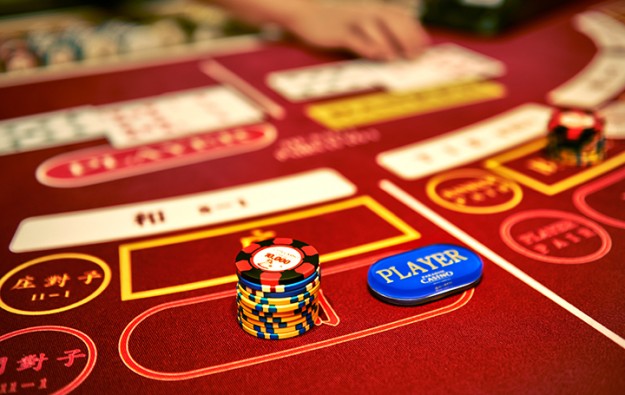A prevalent age profile of Kangwon Land gambling customers – South Koreans over 50 – makes it unlikely that Japan’s first integrated resort (IR) with casino, MGM Osaka due to launch in late 2030, will be a strong competitive threat to Kangwon Land.
That is according to Lee Jae-seok, associate professor of tourism management at Gangneung-Wonju National University, in comments to GGRAsia.
Kangwon Land, operated by Kangwon Land Inc, is the only one of South Korea’s 18 casinos to be allowed to serve local players. The complex marked in late October, the 25th anniversary of its launch.
In April, Kangwon Land’s management spoke to GGRAsia about the potential competitive threat from MGM Osaka as an attractor of South Korean players, and how the property might counter that.
Some South Korean media outlets have reported MGM Osaka might attract millions of South Koreans annually.
In August, the South Korean casino industry took the step of announcing a forum in Osaka, to discuss with Japanese experts what the arrival of Japan’s first IR might mean for the two nations.
But scholar Mr Lee told GGRAsia that a 2018 Korea Casino Association study that predicted a Japan IR sector could attract 7.7 million South Korean tourists and KRW 2.7 trillion in tourism spending, should not be taken as inevitable, and the numbers were only “estimates”.
He added, referring to the South Korean capital: “If Kangwon Land were in Seoul, Osaka MGM could’ve been a strong contender,” to compete for its business. Kangwon Land is actually located in a remote upland area a three-hour drive east of Seoul.
The scholar asserted that the forecast on South Korean consumer interest in Japan IRs was not an indicator that Kangwon Land’s core customers – which he said were mostly people aged over 50 – would shift abroad.
An Ock Mo, president of the Association of Korea Gaming Tourism Professionals, told GGRAsia that the coming Osaka MGM’s proximity to South Korea could be a draw for some Korean consumers. Osaka is about a two-hour flight from Seoul. Other factors in MGM Osaka’s favour were likely to be the new resort’s diversity in entertainment offerings and global brand power.
But she warned against “premature alarmism” in the South Korean casino sector, as MGM Osaka’s launch was still five years away. She noted that South Korea has a history of turning external challenges into opportunities.
Nonetheless she noted: “The success of overseas IRs will increase calls to relax domestic [South Korean] casino regulations: Kangwon Land is now restructuring to survive global competition.”
That was a reference to Kangwon Land Inc’s “K-HIT 1.0 Project”, an upgrade and revamp of the property that began in April last year. The KRW 2.5-trillion (US$1.74 billion currently) investment aims at tripling the size of the resort’s casino space by 2032. The resort is also seeking to boost its appeal to foreign players, and is planning to add a casino building forecast to open in 2028.
Academic Mr Lee told GGRAsia “the key challenge is how South Korea builds tourism infrastructure to attract more tourists”.
He and other commentators also suggested recently that the South Korean casino industry could benefit from an overhaul of the regulatory system to boost the sector’s contribution to the nation’s tourism effort.
Mr Lee mentioned in his latest remarks, that the nation could make use of the casino sector elswhere in the country, to draw visitors. He stated: “Kangwon Land should use K-HIT 1.0 to diversify its offerings,” via elements such as “ski resorts, water parks, cable cars, and event centres, for global appeal.”
More Japan IRs could be built, albeit not for many years. It’s been reported a new round of applications for Japan IRs might be activated soon.
Recently, Japan’s new prime minister, Sanae Takaichi, instructed her incoming Minister of Land, Infrastructure, Transport and Tourism, to “promote the development of IRs and realise attractive stay-type tourism which is highly competitive in the international market”.
Mr Lee said one area in which South Korea could benefit from its neighbour’s liberalisation, was to “export its casino expertise to Japan in areas, such as staff training and marketing”.
The academic added: “Japan hasn’t operated casinos before, while South Korea already has the capability. Japan’s IR isn’t a threat, but part of a broader East Asian IR market into which South Korea can integrate.”


AloJapan.com